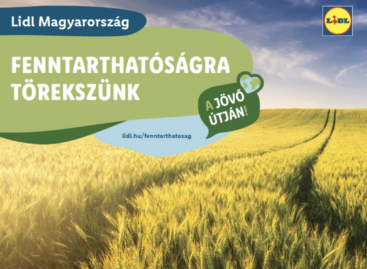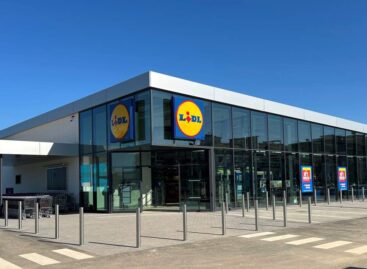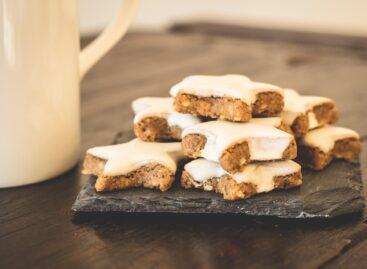Waves in the bottle
According to the NIQ retail index, mineral water volume sales dropped 1.6% in retail in 2022 if compared with 2021, making up 885 million litres; at the same time value sales exceeded HUF 75bn.
This article is available for reading in Trade magazin 2023/6-7.
Peter Schenk, marketing director of Szentkirályi Magyarország:

Peter Schenk
marketing director
Szentkirályi Magyarország
“Last year Szentkirályi’s volume sales decreased just a little, mainly in the discounter channel. In value our sales increased by double-digit numbers, in a large part because we had to increase prices due to the new market conditions”.
Rapidly growing costs
In 2022 total mineral water sales amounted to 947 million bottles in Hungary, as volume sales augmented by 4% if compared with 2021.

Krisztina Kozák
marketing manager
Magyarvíz
Krisztina Kozák, marketing manager of Magyarvíz Kft.:
“In 2022 the effects of the pandemic, the war in Ukraine and its consequences created an unstable situation in the mineral market. Packaging material prices doubled, the price of electricity multiplied, and motor fuel prices jumped 50%. Magyarvíz Kft. reacted to these changes by optimising the production process and energy use, and by replanning our budget on a monthly basis if necessary”.
Thanks to its balanced mineral content, the company’s Mizse mineral water has become “family water”, as it can be enjoyed by everyone. The product’s 1-litre Mizse Ecogreen variant is Hungary’s first mineral water in a carbon neutral bottle.
More challenges
2023 began with challenges, in part because of the hardships brought about by the events of 2022, but mineral water companies are also facing challenges due to the restructuring of supply chains, the fluctuation of raw material prices and the euro’s exchange rate, and rapidly rising energy and motor fuel prices.
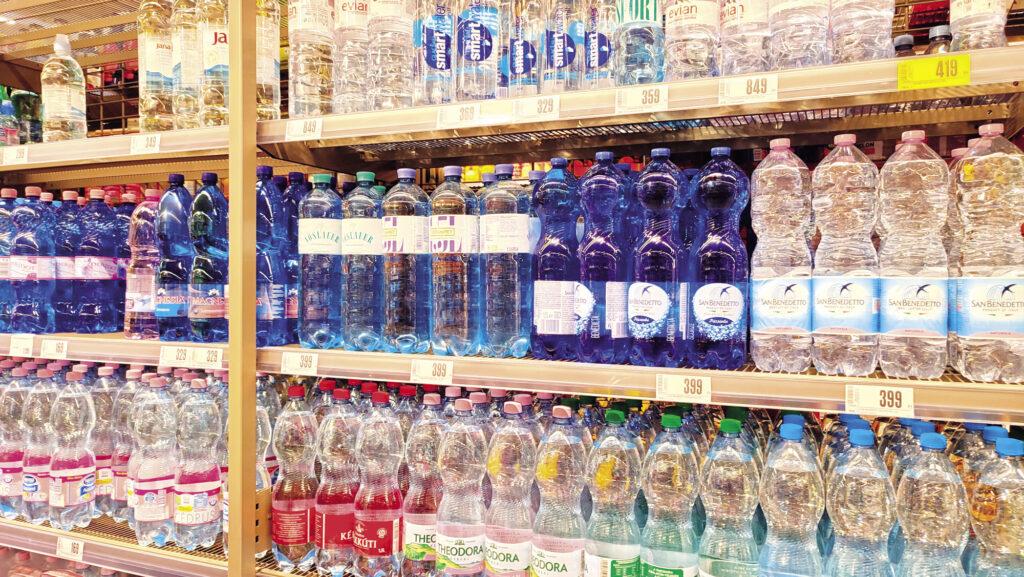
Maintaining competitive pricing is the most urging challenge on the market for the time being
Vivien Nemes-Tóth, category manager of Orbico Hungary Kft.:
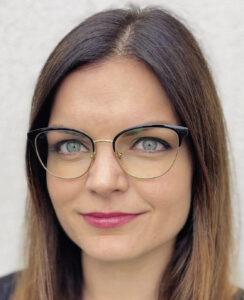
Vivien Nemes-Tóth
category manager
Orbico Hungary
“In 2022 the biggest task was remaining competitive in product pricing. In the first half of 2023 a drop in demand is likely, owing to the high inflation and decreasing net salaries”.
This year consumers are expected to be more sensitive to good price-value ratio than ever before. Last year Orbico Hungary’s sales increased by double-digit numbers. The biggest advantage of their products such as Jana is very high quality.
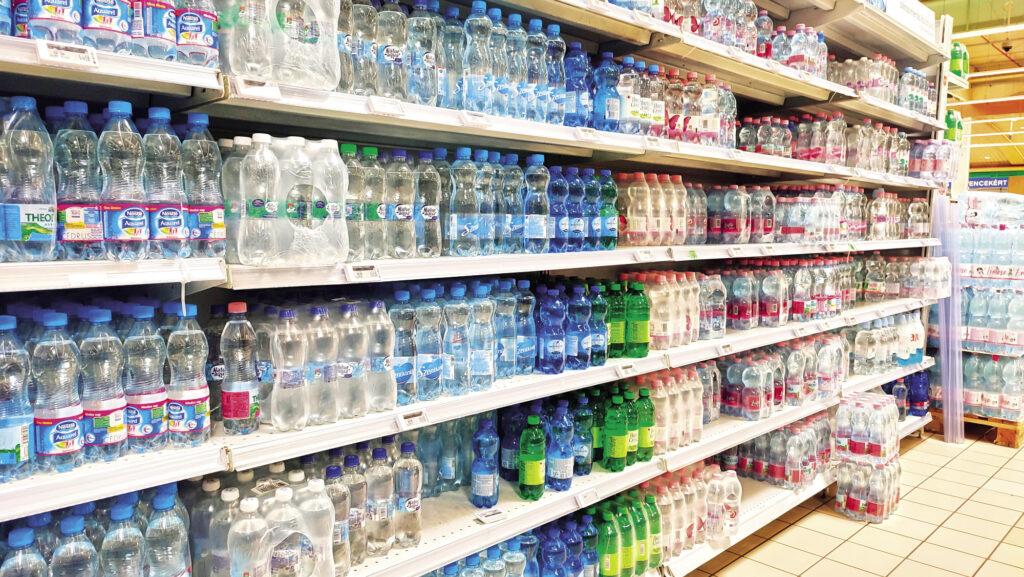
The market position of manufacturers’ brands may be improved by the fact that high costs prevent private labels from being cheaper than they are
Closing price scissors
Still mineral waters make up for almost 60% of volume sales, 7% of mineral waters sold are mild, and the remaining quantity is sparkling products. The diminishing of the sparkling segment has continued. In addition to Easter and Christmas, sales of sparkling waters peak in the summer period. Private labels are responsible for about one third of natural mineral water sales.

János Hajdu
key account manager
In-Food 2000
János Hajdu, key account manager of In-Food 2000 Kft.:
“The “battle” of private label and branded mineral waters is becoming more and more even, as with the increased PET prices and logistics costs, and because of the high price of the energy used in production, the “price scissors” are closing”.
Environmental protection matters more
Environmental protection is a priority for In-Food 2000 Kft.’s Vöslauer brand. The company isn’t just proud of the product’s 100% rePET bottle, but is also very excited about the Hungarian launch of the infrastructure for returning reusable PET bottle packaging. In Austria the system is already working very well, and Vöslauer is one of the leaders in this category too. This year In-Food 2000 Kft. put four new products on the market, plus every product in the 1-litre assortment got a new bottle design.
Formats tailored to consumer needs
Format-wise the mineral water market can be divided into two categories, based on impulse buying and home consumption. Products smaller than 1 litre belong to the impulse category, from which the 0.5l size is the most popular, but more and more 0.33l and 0.75l mineral waters are launched too. For home consumption 1.5l waters sell the best, but 1-litre baby waters and 5l products are also popular.
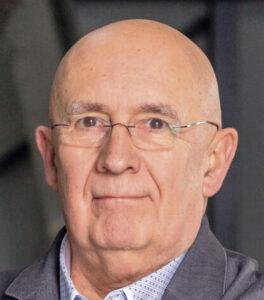
László Regőczi
CEO
Primus Ásványvíz
László Regőczi, CEO of Primus Ásványvíz:
“Small-bottle Primus mineral waters are increasingly popular in both Hungary and export markets. There may be several reasons for this, such as transforming consumption habits, health consciousness, convenience and price-sensitivity”.
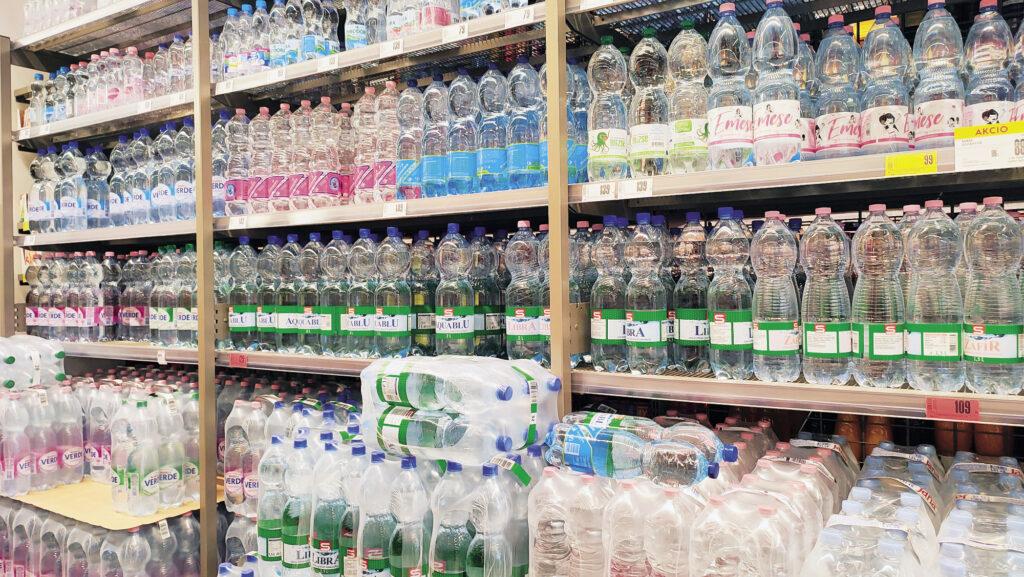
Product formats are growing more and more diverse, too
Soil conditioner from PET bottles in just 9 weeks
Primus mineral waters are mainly sold in export markets. Export sales were up more than 30%, having grown in both value and volume. Primus is special because of its originality and bottling. The water is pure and has special composition, because it comes from the depths of the Earth. By using a special bacteria mix, Primus bottles can be decomposed and turned into soil conditioner for agricultural use, because the PET bottles are made of polyethylene terephthalate. Still, the CEO thinks the best solution is recycling PET bottles, because this way they can be reused and less waste is generated. //
Related news
Lidl has published its 3rd sustainability report
Lidl Hungary’s sustainability report for the 2022/2023 business years has…
Read more >TikTok conqueror: Dubai chocolate craze at Lidl
As the Christmas holidays approach, there is an increasing demand…
Read more >Lidl offers many products cheaper than last year
Lidl Hungary offered more than 600 products cheaper in November…
Read more >Related news
Eckes-Granini acquires fruit juice concentrate producer in Germany
Eckes-Granini, one of Europe’s leading juice producers, has acquired Wolfgang…
Read more >The latest issue of Trade magazine is out now!
This time the digital version has been extended to 192…
Read more >After a subdued year, the holiday season is strong
74% of online shoppers, around 3.1 million people, are preparing…
Read more >
